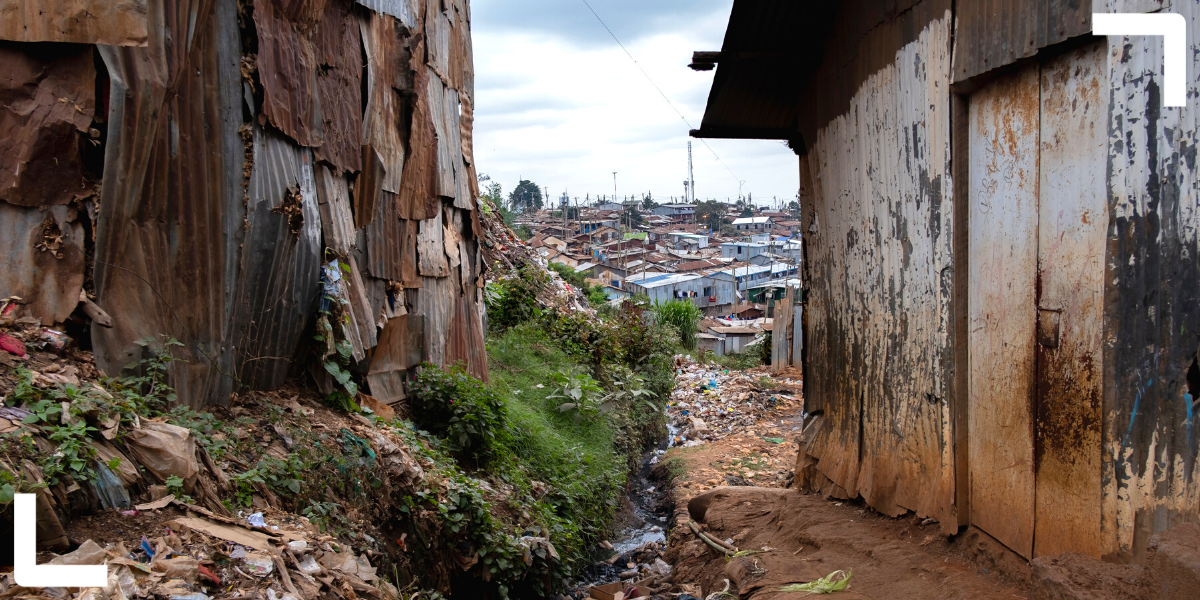The challenges facing urban economies in sub-Saharan Africa are considerable. Yet while development economics is a well-established field, relatively little attention has been paid to urban economies in the global South. With research in this area increasing, it is crucial to reflect on what we need to understand better.
It is now widely accepted that urban areas are rife with inadequate livelihood opportunities and considerable poverty. The Covid-19 pandemic has exposed the vulnerabilities of those working in the urban economy, with unaffordable and unavailable essential services as well as lockdowns preventing the mobility that is essential for economic activities. But while the additional costs incurred by both households and companies through inadequate public service provision are now recognised, improvements have not been delivered. As such, increases in productivity remain a major challenge for urban economies.
Diana Mitlin explored this lack of attention on urban economies and the need to improve understanding around poverty in urban contexts in her recent WIDER Webinar, chaired by UNU-WIDER’s director Kunal Sen and joined by research fellow Michael Danquah as a discussant.
Watch the full webinar here:
Header photo credit: africa924 / Getty Images. Kibera is the largest informal settlement in Kenya’s capital city, Nairobi.
The African Cities blog is licensed under Creative Commons Attribution-NonCommercial-NoDerivatives 4.0 International (CC BY-NC-ND 4.0), which means you are welcome to repost this content as long as you provide full credit and a link to this original post.


